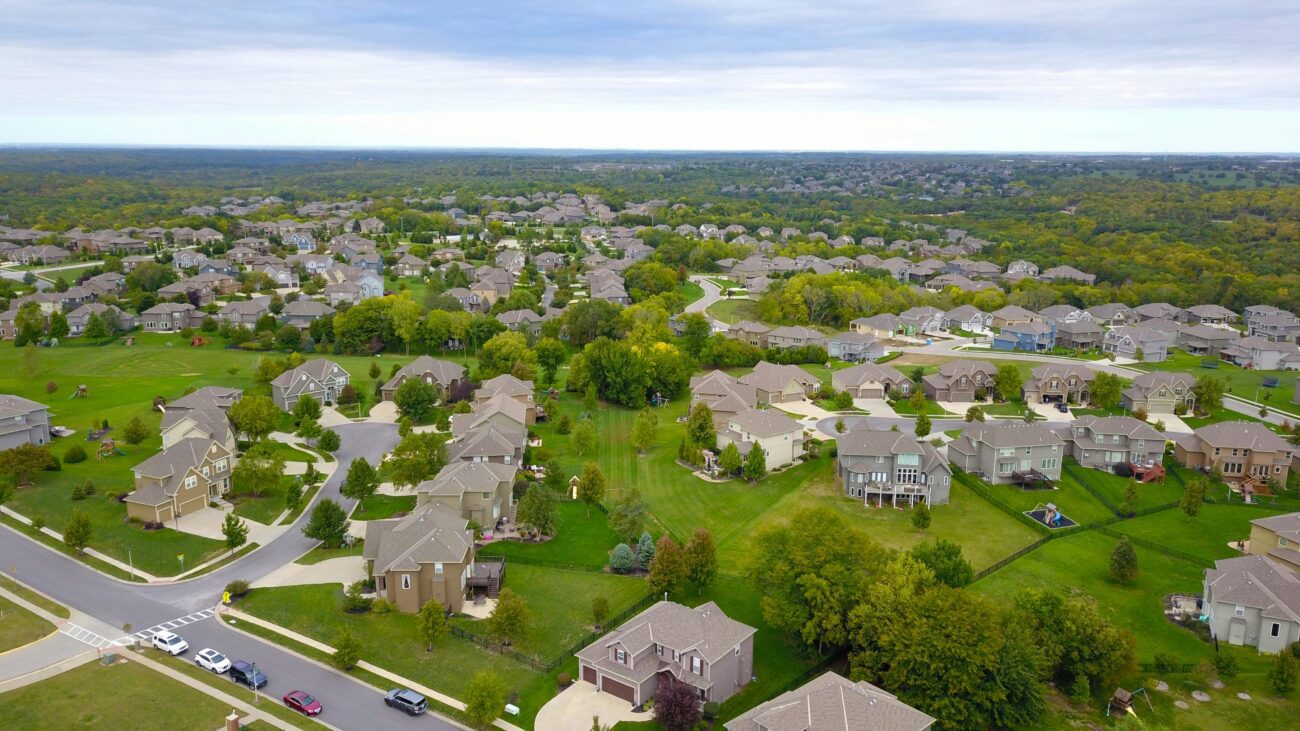Creating a high-performing real estate website is vital in today’s digital age. As more buyers and sellers turn to the internet for property information, a well-designed website can boost your visibility and establish your brand as a trusted authority in the real estate market. This article outlines essential steps to help you build an effective website that attracts more visitors and converts leads into clients.
1. Define Your Target Audience
Before diving into website creation, it’s crucial to identify who your audience is. Are you targeting first-time homebuyers, luxury real estate investors, or commercial property developers? Understanding your target demographic will guide the design, content, and functionality of your website.
Actionable Step:
- Create buyer personas based on demographics, interests, and online behaviors to tailor your website effectively.
2. Choose the Right Domain Name and Hosting
Your domain name is your online identity. It should be memorable, relevant, and easy to spell. Opt for a .com domain if possible, as it’s the most recognized extension. Choose a reliable hosting service that provides fast loading times, excellent uptime, and customer support, as these factors contribute significantly to user experience and SEO.
Actionable Step:
- Use domain name generators to brainstorm ideas that align with your brand.
3. Implement User-Centric Design
A visually appealing and user-friendly design is paramount. Your website needs to be easy to navigate, ensuring visitors can find information quickly. Consider the following design elements:
- Responsive Design: Your site should be mobile-Friendly since a significant percentage of users browse on mobile devices.
- Fast Loading Speed: Optimize images and minimize the use of heavy elements to ensure quick loading times.
- Clear Navigation: Use a straightforward menu structure and prominently display listings.
Actionable Step:
- Conduct usability testing with real users to refine your website’s navigation and overall experience.
4. Optimize for Search Engines (SEO)
SEO is a critical factor in improving your website’s visibility on search engines. Here are essential SEO techniques:
- Keyword Research: Identify keywords related to your niche. Use tools like Google Keyword Planner to find relevant terms.
- On-Page Optimization: Use keywords naturally in titles, headers, and throughout your content. Optimize meta descriptions and image alt tags.
- Blogging: Start a blog covering local market trends, home buying tips, and neighborhood spotlights. High-quality content attracts organic traffic.
Actionable Step:
- Regularly analyze your website’s traffic and SEO performance using tools like Google Analytics and SEMrush to adjust your strategies accordingly.
5. Utilize Advanced Listing Features
Showcasing properties effectively can set your website apart. Incorporate high-quality images and descriptive content for each listing. Advanced filtering options can help users find what they’re looking for more easily.
Actionable Step:
- Utilize a real estate plugin (like IDX or MLS) to integrate live property listings into your site.
6. Implement Clear Calls to Action (CTAs)
Effective calls to action guide users toward desired actions, whether signing up for a newsletter, scheduling a showing, or contacting you for more information. Ensure that CTAs are visible and compelling.
Actionable Step:
- A/B test different CTAs to determine which wording and placement generate the most engagement.
7. Leverage Social Proof
Incorporating testimonials and case studies from previous clients can build trust and credibility. Consider adding:
- Customer Reviews: Showcase satisfied clients’ reviews prominently on your homepage.
- Success Stories: Share detailed accounts of successful transactions, highlighting your expertise.
Actionable Step:
- Encourage satisfied clients to leave reviews on Google, Yelp, or your website to enhance visibility.
8. Foster Communication and Community Engagement
Your website should encourage potential clients to reach out. Include multiple contact methods, such as phone, email, and live chat. Additionally, engaging with your community through events or local sponsorships can promote your brand.
Actionable Step:
- Use chatbots to offer immediate assistance and facilitate communication on your website.
9. Monitor Performance and Adapt
The online landscape is constantly changing. Regularly monitor your website’s performance and adapt your strategies as necessary. Analyzing metrics such as traffic sources, bounce rates, and conversion rates will inform your decisions.
Actionable Step:
- Set up monthly reports to track your website performance and make iterative improvements.
Conclusion
Building a high-performing real estate website involves understanding your audience, implementing strong design principles, optimizing for search engines, and fostering trust through social proof. By following these essential steps, you can enhance your visibility and attract more potential clients, establishing your real estate brand as a formidable player in the market. Embrace these strategies with passion and patience, and watch your online presence grow.
